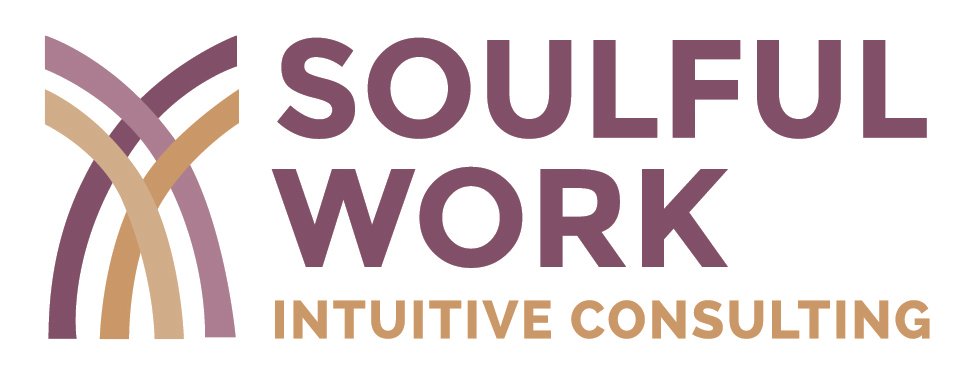Why We Still Aren't Meditating
/Most of us know by now that meditation is good for us. Countless studies have proven that it can change the brain, improve health, lower stress, maybe even make us 10% happier (thanks, Dan Harris). In spite of all that, why is that only 8% of the U.S. population (National Institute of Health, 2012) practices meditation?
We know these things are true too: we should exercise more, check our phones less and take a real lunch break at work. Practicing meditation just becomes one more item in that ever-growing list of “shoulds” that we aren’t doing. We start to feel overwhelmed, so we give up before starting. Then we feel bad about ourselves, and the cycle continues.
Maybe we aren’t meditating, then, because our approach isn’t quite on target. From the perspective of human psychology, we are not as rational as we think we are - we often choose paths that are contrary to our best interests. If the change we are considering appears to significantly change the habits we are accustomed to in our lives (“What Is Motivated Reasoning”, Psychology Today), we may avoid it. In our Western society, most of us are trained to seek a quick and easy solution, as opposed to something that seems to take too much time or doesn’t show immediate results (which is how we often view meditation).
What if we tried a different approach then? What if we just talked about brushing teeth? It takes us about two minutes to do this. Maybe if we used different language, this might help. The word “meditation” has become a loaded term associated with a monk meditating for hours each day – time that the average American probably doesn’t have. What if 3 minutes of a “moment of stillness” was enough?
There is another piece that we’re missing. Most people aren’t talking about the desired outcome we seek through meditation. For many of us, what we long for is inner peace, freedom and meaning in our lives. The most common barrier to this inner peace is the constant chattering voice that dominates much of our thinking and often holds us back. It is the “Inner Critic,” the shadow side that exists in each of us. Many of us have heard of the term “the ego” from Buddhist philosophy, and the ego is not all bad. It is our consciousness, our identities and can help us in many ways. However, the ego has a negative side, the Inner Critic, that shows up as a thought pattern telling us self-defeating, worst-case-scenario stories.
To truly separate from the Inner Critic, we can start by quieting our minds. We can do this in small, random moments throughout the day. Waiting in line at the grocery store, at the doctor’s office, making coffee or preparing a meal are all great times to be mindful. We don’t need to have a yoga mat with us all the time. There is something that we carry with us that can help: our breath. When we focus on our breath, we notice the inhale and the exhale. We feel the rising and falling in our abdomen. As we observe the breath moving in our nostrils and imagine it flowing into our lungs, we calm ourselves and settle more into the present moment. And we begin to listen to our quiet, gentle whisper inside instead of that of the Inner Critic. And once we start being mindful, just like when first learning to ride a bike, we don’t forget. We might get a little rusty at times, but the muscle memory is there.
As we pick apart the limiting beliefs of the Inner Critic that may have been instilled in us a very long time ago, we connect with our intuition. When, it encourages us, for example, to put down our phone and go for a walk outside, the Inner Critic may respond with “No, I’m going to check my email first.” With some practice of managing this inner resistance, however, we can learn to respond with, “Ah, Inner Critic, I know you. I’m not going to listen to you now. You are no longer helping me in my life. It’s time for you to go somewhere else.”
And then the intuitive voice might start to speak up a bit louder. It might suggest that now is the time to start writing that book or quit your miserable job and start your dream business. Or it might advise you to continue digging in to what is holding you back (and online advice and support from counseling services like BetterHelp are great places to start). When the Inner Critic appears, as it always does when we start to make a big change or take a risk, it might scream, “No, you can’t do that. You’ll be rejected. It’s too hard, you don’t know enough, you’ll never make enough money!” We can respond with, “Ah, there you are again, Inner Critic. I know where you come from now, and I know why you’re there. And I know now that I don’t need to listen to you anymore. You’re holding my true self back, and I am letting you go.”
Our intuition knows what we are meant to be doing, what our purpose is, and what would bring us fulfillment in our lives. This is why we quiet our minds; this is the result we seek. It is possible to train our ego/Inner Critic ultimately to work alongside our intuitive side to help us become the best version of ourselves. It may take some time, as it can take a few months to create a new habit. Once we just start, and notice how much better we feel in our lives, then we just might start making it a priority.


